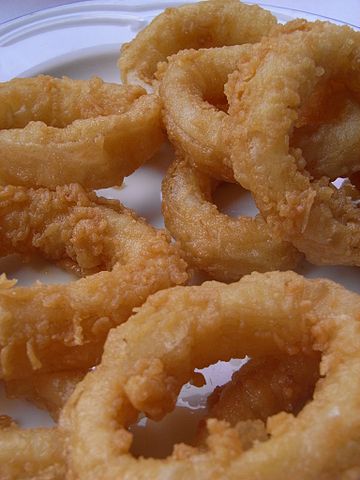A scandal recently erupted in Europe that attracted the attention of international news gatherers and provoked much discussion amongst online communities. No, I’m not talking about that whole thing with the Pope. The scandal was about horsemeat.

Allegedly, items like burgers, Taco Bell burritos, and even the sacred IKEA meatball were masquerading as 100 percent beef when they also contained horsemeat. Upon this recent discovery, both meat-eaters and animal-rights activists raised their voices in protest, demanding that swift and severe action be taken against these horse hucksters.
While indulging in equine edibles is nothing new for countries like France, China, Italy, and Kazakhstan, people were outraged that companies would trick them into eating horsemeat by calling it beef.
Those of the Jewish faith now had a right to worry whether those quarter-pounders from Tesco were as kosher as they seemed, while some raised a fuss about a common drug used on horses that could be potentially harmful to humans. Overall, though, this revelation called into question the security of the entire food system and had people wondering what else they weren’t being told.
Food fraud, it turns out, is more common than we think, and horsemeat is the just the tip of the iceberg. Honey, olive oil, and fish are known to be some of the fakest foods on grocery store shelves.
Seafood is the most frequent vehicle for food fraud. You may not be disturbed by a little canola mixed in with your olive oil, but what if you found out that calamari you’re eating is actually pig anus?
When National Public Radio’s Ira Glass covered the story on this particularly grim bait and switch, he got people to try both the real version, made with octopus, and the piggy doppelganger. They couldn’t tell the difference.
It seems that the outrage over recent discoveries of food fraud has less to do with the feeling of being hoodwinked, and more to do with the shattering of the public’s blissful ignorance.
People don’t seem to mind gobbling up harmful chemicals disguised with all sorts of pseudonyms, or remaining unaware of whether their strawberries have been injected with fish genes. But give them definitive evidence of something icky, like their lasagna containing the meat of a majestic animal, and all of a sudden food security becomes an issue.
For the general public, the real crime here isn’t the unforgivable act of forcing people to rethink that deep-fried appetizer or box of frozen burgers.
The real crime is the act of telling people what they don’t want to know.
